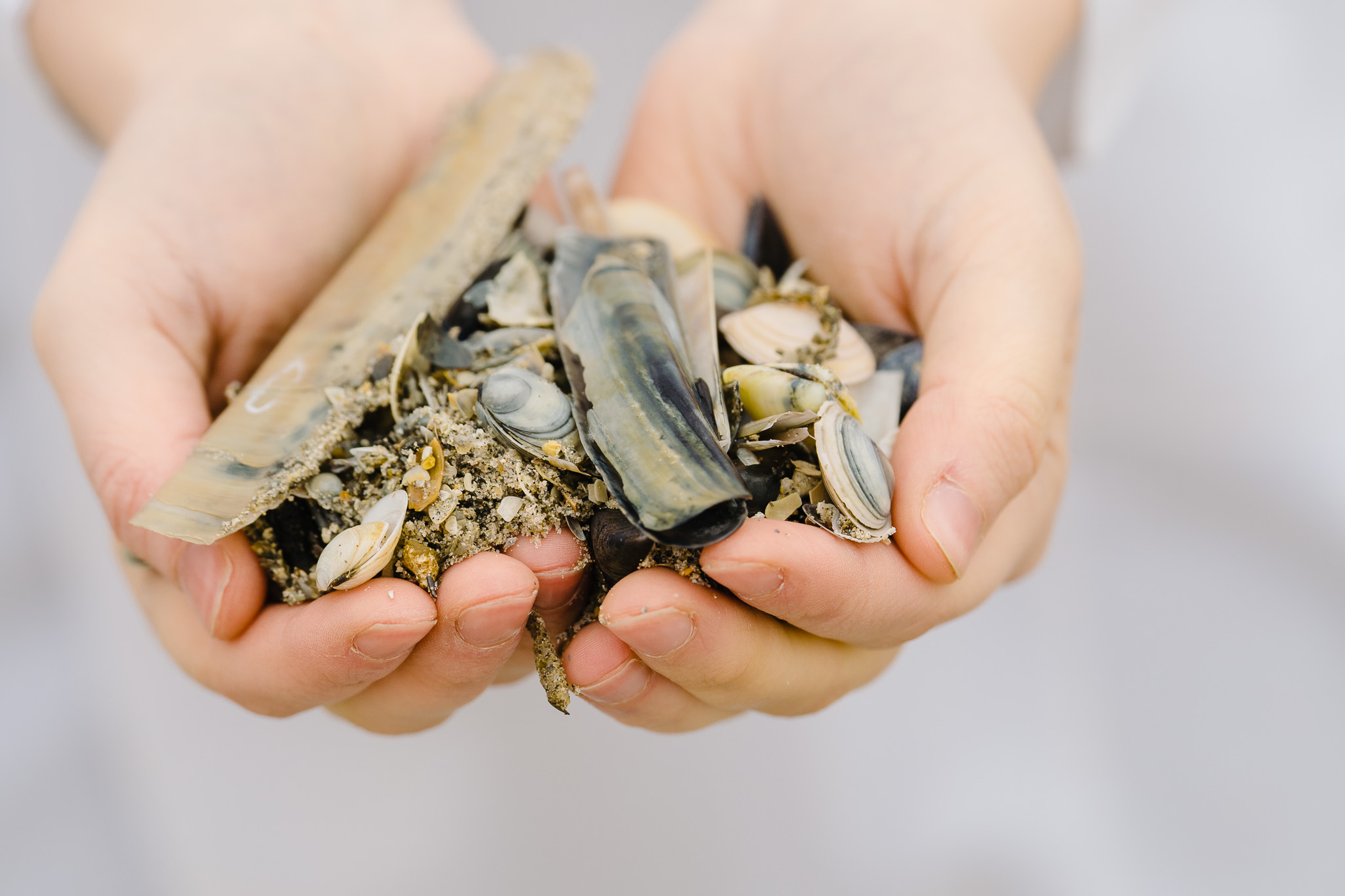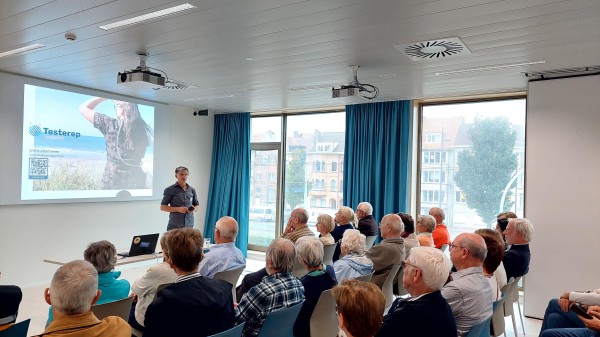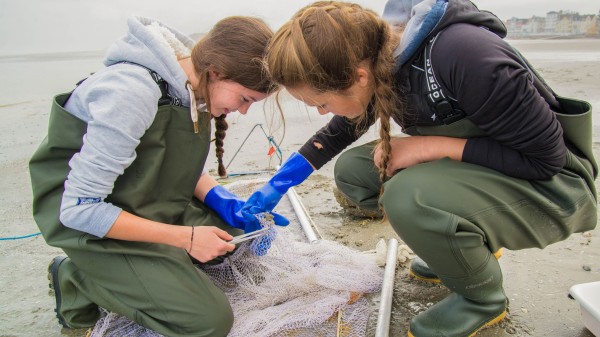Ocean literacy has seven basic principles. Based on these principles, the VLIZ organizes educational activities that increase ocean literacy.
What does VLIZ do for ocean literacy?
The ocean literacy movement originated in the United States at the beginning of the 21st century. VLIZ brought ocean literacy to Europe in 2011, in cooperation with MBA and the University of Gothenburg.
In 2012, VLIZ organized the First Conference on Ocean Literacy in Europe in Bruges and expanded the network to a multilateral (UNESCO) level. What followed was the launch of a European network with marine scientists and educators , with VLIZ as a co-founder: the European Marine Science Educators Association (EMSEA).
The European Commission also quickly recognized the importance of ocean literacy and provided funds to support it project-by-project. VLIZ was one of the main actors within the European ocean literacy project 'Sea Change' (2015-2018), aimed at the general public. VLIZ is also a member of the EU4Ocean Platform.
Since 2017, the pursuit of increased ocean literacy has been included as a strategic goal of VLIZ. This translates, among other things, into the website 'Planet Sea' (aimed at schoolchildren) and the magazines 'Testerep' and 'De Grote Rede' that bring news and research about the ocean and sea to the general public in an understandable way.



